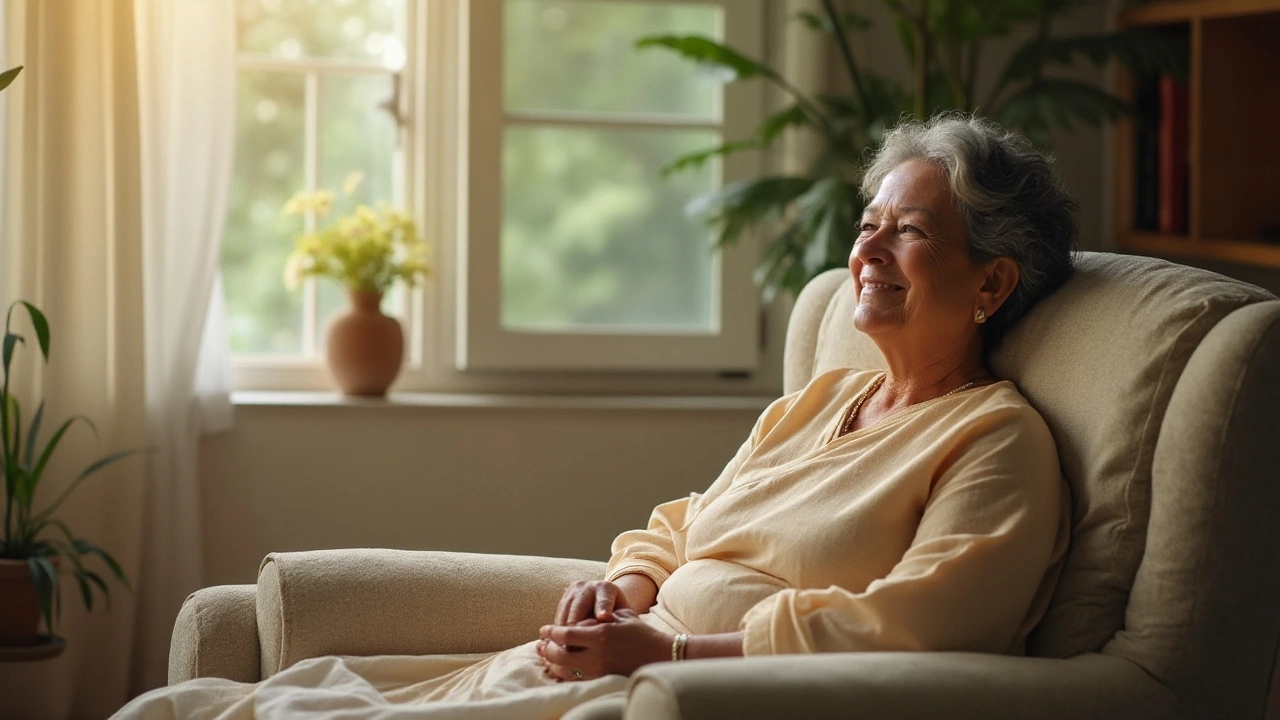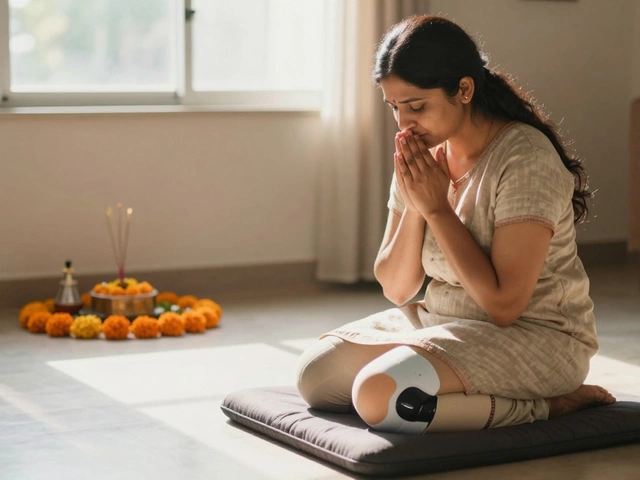Living Alone After Heart Surgery: What You Need to Know
Finishing heart surgery is a big win, but waking up to an empty house can feel scary. The good news is you don’t have to go it completely alone. With a few simple steps you can keep things safe, stay comfortable, and avoid unnecessary trips to the doctor.
Set Up a Heart‑Friendly Home
First, make your space low‑stress. Clear walkways, put rugs on the floor, and keep the bathroom floor dry. A night‑light in the hallway can stop you from stumbling at night. Keep the phone or a call‑button within arm’s reach, so you can call help fast if you feel dizzy or chest pain.
Arrange the things you’ll use most—water bottle, meds, light‑weight snacks—on a table at waist height. No need to bend over or stretch to get them. If you have stairs, try a portable chair rail or a sturdy handrail. Even a small cushion on the floor can protect you if you lose your balance.
Plan Your Daily Routine
Stick to a gentle schedule. Get up, move a little, and take short walks around the house a few times a day. Short walks improve blood flow and reduce the risk of blood clots. Don’t overdo it; a 5‑minute stroll is enough at first.
Eating right is another big piece. Aim for small, frequent meals that are low in salt and saturated fats. Think boiled veggies, soft fruits, and lean protein like fish or paneer. A little extra protein helps the wound heal faster.
Take your medicines exactly as the doctor wrote them. Use a weekly pill organizer so you never miss a dose. Set an alarm on your phone for each time you need a pill—this trick saves you from guessing.
Keep a log of how you feel each day. Write down any chest pain, shortness of breath, or swelling in your legs. If something feels off for more than a few hours, call your cardiologist or go to the nearest hospital.
When to Reach Out for Help
Even with everything set up, you’ll need a safety net. Ask a neighbor, friend, or family member to check in once a day—either a quick call or a short visit. If you live in a city, many local pharmacies offer home‑delivery of meds, which cuts down on trips.
Know the warning signs that need immediate attention: crushing chest pain, sudden shortness of breath, fainting, or severe leg swelling. In those cases, don’t wait—use your emergency numbers right away.
Tele‑medicine can be a lifesaver, too. Many doctors now offer video calls for quick check‑ins. Keep your phone charged and have the doctor’s contact info handy.
Lastly, remember it’s okay to ask for extra help. Hiring a part‑time caregiver for the first couple of weeks can give you peace of mind and let you focus on healing.
Living alone after heart surgery isn’t impossible; it just takes a bit of planning and a solid support system. Follow these steps, listen to your body, and you’ll be back to feeling like yourself before long.





